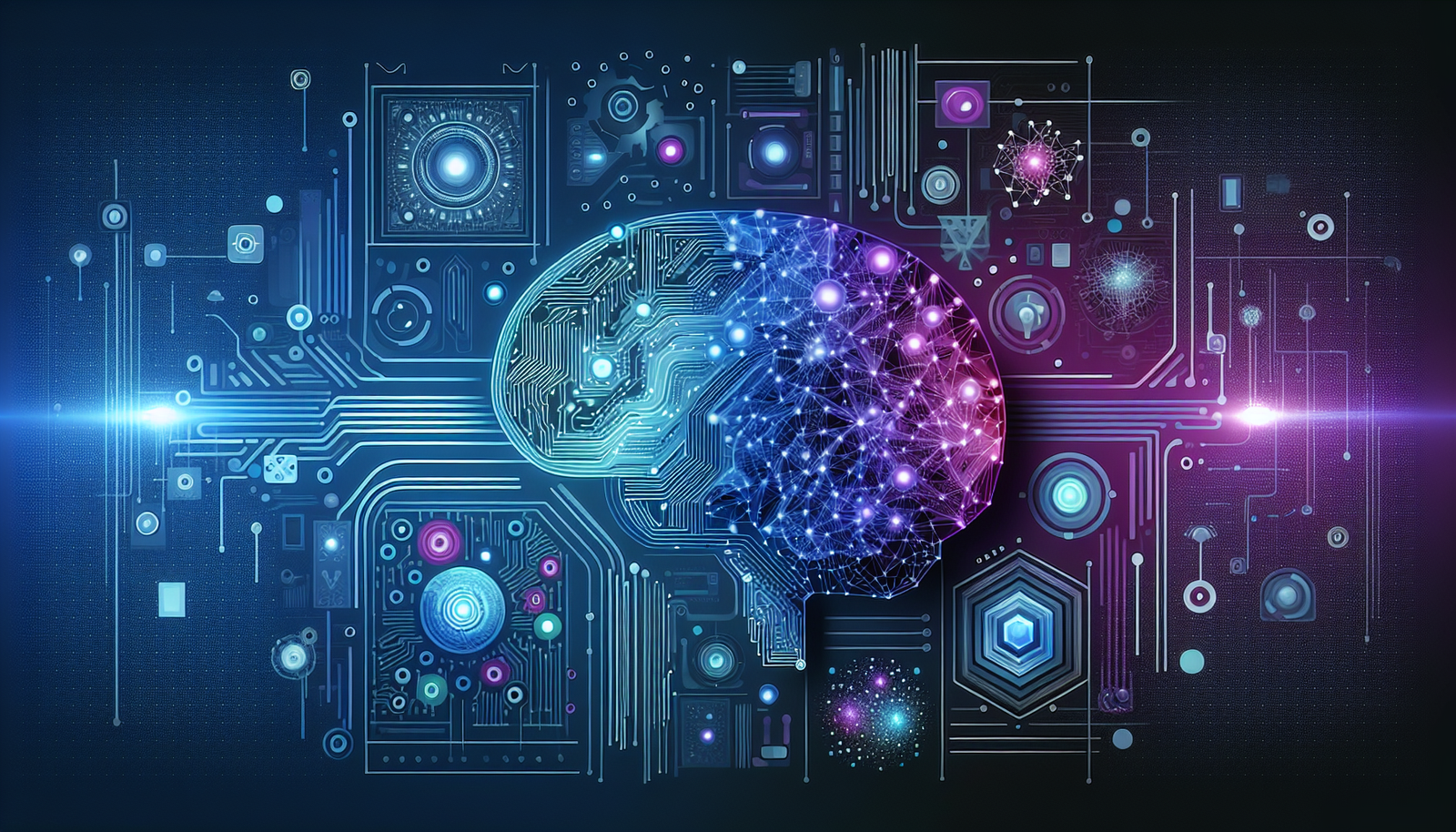Artificial intelligence challenges our conception of humanity and reinvents human interactions. The journal Esprit refocuses its attention on this technological revolution through its profound implications. Human scholarship finds itself in competition with the unprecedented capabilities of machines, threatening even our very essence. The stakes are immense: let’s rethink our relationship with knowledge amid an environment saturated with AI. This publication calls for urgent reflection on the impact of AI on our collective humanity, urging resistance to the sirens of technological conformity.
A Deep Reflection on Artificial Intelligence
The journal Esprit, in its April issue, addresses a pressing topic: the impact of artificial intelligence (AI) on our humanity. The authors, Nicolas Léger and Adrien Tallent, emphasize the necessity of examining our possible futures in the face of this technological revolution.
A Competition between Technology and Human Spirit
Researchers address the troubling notion of competition between technologies and the dimensions of what constitutes the human. AI thus redefines our relationship with ourselves, the world, and others. The consequences are manifold, extending into the social, economic, and political spheres.
The Impact of Tech Giants
Mark Hunyadi, a Swiss philosopher, highlights the transformation of our relationship with the world by the tech titans. Through their innovations, AI has the potential to erode our cognitive abilities. The individual finds themselves confronted with the necessity to conform to an increasingly omnipresent technological order.
The Concept of “Techno-Cocoon”
Alain Damasio, a writer, discusses the emergence of personalized artificial intelligences, dubbed MyIA. These systems, by adapting to our preferences, can weaken our relationship with otherness. The “techno-cocoon” tends to exert pressure on our social interaction capacity.
Resistance and Alternatives to AI
The journal also highlights the risks associated with AI. It encourages resistance and invites consideration of alternative representations of the world. According to Alexandre Gefen, artistic creativity asserts itself as an essential field where AI can be questioned and challenged.
Art as a Counterpoint to AI
Artists using AI find themselves in a favorable position to denounce its biases. Through this practice, they have the opportunity to redefine norms and explore less constrained creativity. Their work questions the ethics and the very nature of artificial intelligence.
Future Perspectives
As AI continues to evolve, it becomes essential to examine the technical skills needed in a transformed professional world. Companies must adapt to integrate these new technologies, as demonstrated by the collaboration between Adecco and Salesforce.
Recent research also reveals emerging AI tools, underscoring the necessity to stay informed about these developments. The article on trends in generative AI illustrates the future direction of this technology and its integration into various sectors.
Conclusion on the Future and Challenges of AI
The debate on artificial intelligence is far from over. Questions remain regarding how AI will influence our future. With the growing impact of these technologies on our lives, the necessity for open dialogue and critical reflection becomes imperative. Initiatives like those discussed in the journal Esprit provide a platform for this essential reflection.
Frequently Asked Questions about the “Esprit” Journal and Artificial Intelligence
What are the main themes addressed by the “Esprit” journal regarding artificial intelligence?
The “Esprit” journal explores the repercussions of artificial intelligence on our humanity, highlighting the need to re-examine the human spirit in light of technological advancements.
How does the “Esprit” journal define the relationship between artificial intelligence and human nature?
The journal emphasizes a competition between AI and what we consider to be human, particularly our spirit and our capacity for judgment.
What are the risks associated with the increasing use of artificial intelligence, according to the “Esprit” journal?
Risks include the erosion of human faculties, excessive conformity to the established order, and a reduction in critical thinking among individuals.
Does the journal discuss solutions to counter the negative effects of artificial intelligence?
Yes, it encourages resistance to AI and invites the development of alternative representations of the world, particularly through art and fiction.
What role does art play in the reflection on artificial intelligence, according to the “Esprit” journal?
Art is seen as a means to “hack” AI, allowing artists to explore its biases and question its ethics, thereby fostering essential reflexivity.
Who are the main contributors to the journal in its analyses of artificial intelligence?
Researchers such as Nicolas Léger and Adrien Tallent, as well as writers like Alain Damasio, provide their perspectives on the issues raised by AI.
How does artificial intelligence affect our relationship with others, according to the articles in the journal?
It tends to weaken our relationship with otherness, trapping us in a “techno-cocoon” that reduces authentic social interactions.
What resources does the “Esprit” journal highlight to combat the effects of artificial intelligence?
It highlights the use of human creativity, through art and literature, as a means to occasionally “counter” AI and its implications.
Does the “Esprit” journal offer in-depth articles on practical cases of artificial intelligence?
Yes, it includes case studies, analyses, and critical reflections on the impact of AI in various sectors of society.






